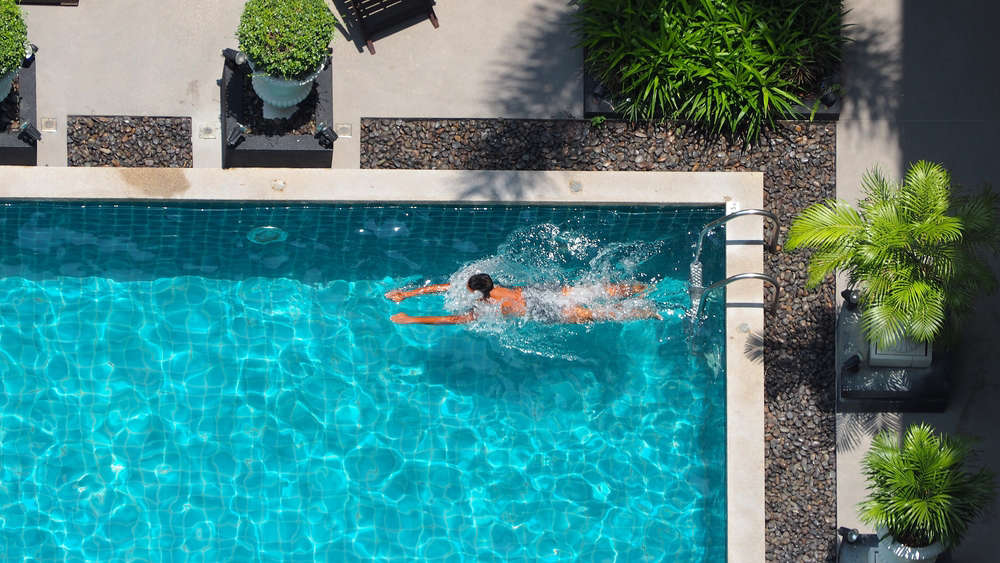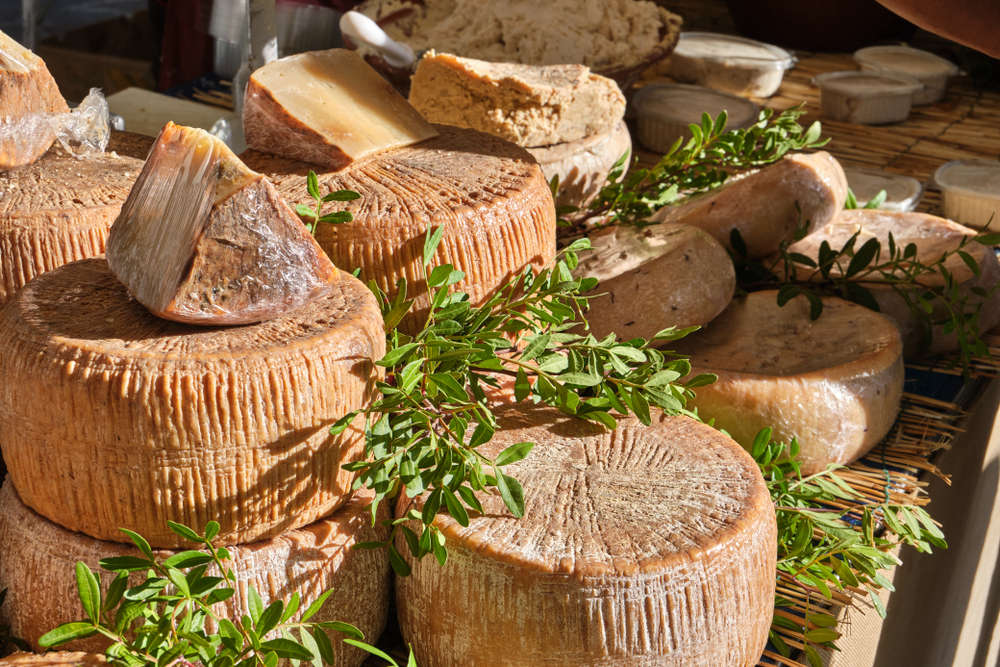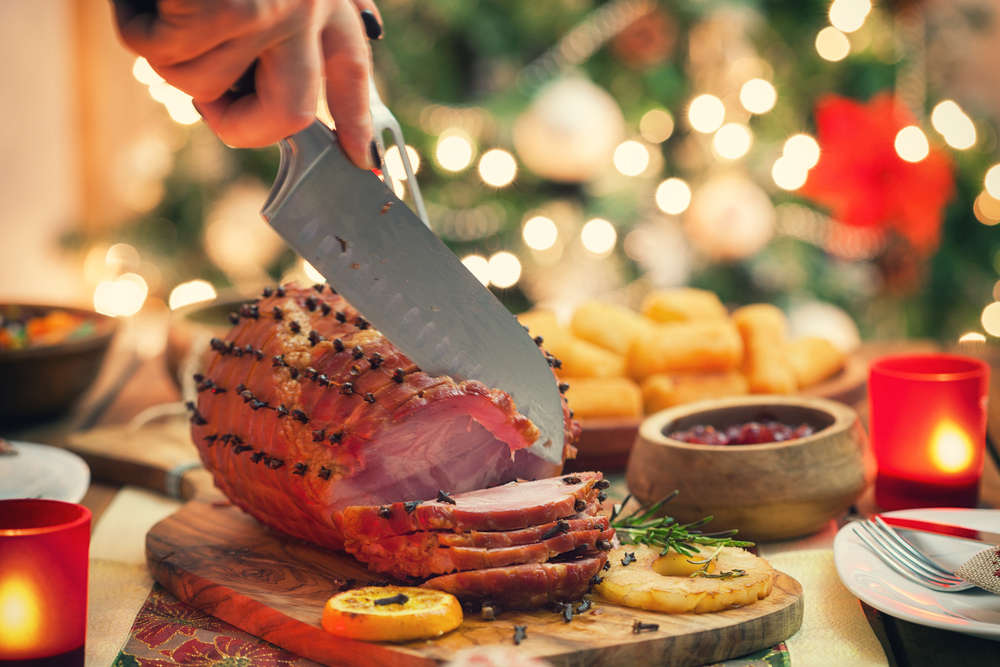
With a smaller and lighter bike, this sport is all about speed and agility.
Great Britain hasn’t won any medals at the BMX event since it was introduced in the 2008 Olympic Games – until now.
Beth Shriever scooped up gold in the women’s race, and Kye Whyte won silver in the men’s at the Ariake Urban Sports Park in Tokyo.

“I’m more happy for her than I am for me,” Whyte said afterwards. “That girl puts in some serious serious graft.”
SPEECHLESS. ABSOLUTELY MIND BLOWING FROM @kye969 taking an extraordinary Olympic Silver Medal! And @bethanyshriever WINNING AN OLYMPIC GOLD MEDAL 😱🔥🔥 We are all in bits 😭 They both put everything they had in to those races and we are so unbelievably proud 🙌🏻
— British Cycling (@BritishCycling) July 30, 2021
Shriever and Whyte have shown just how exciting BMX can be – no doubt inspiring others to get involved themselves. If you want to give it a go but have no idea where to start, here’s everything you need to know…
What is BMX riding?
BMX racing at the Olympics is blowing my mind
— Liam Gallagher (@liamgallagher) July 30, 2021
‘BMX’ stands for ‘bike motocross’. It started in the 1970s in southern Californian, inspired by motocross racing and the stunts of stars such as Evel Knievel. It’s all about manoeuvring around jumps and difficult courses as quickly as possible, on a specific type of bike
BMX racing was added to the Olympics in Beijing in 2008, and this year Tokyo has added another event: BMX freestyle, where riders are scored on their tricks.
What equipment do you need?
A BMX bike is different to the road or mountain bikes you might be used to. It’s smaller – with an average 20-inch frame – and simpler, with a single gear and just a rear brake.
The frame is small and light, so the bike can be easily and quickly manoeuvred over jumps and dirt roads. You can get BMX bikes from Halfords for around £100-£200.
For safety reasons, you’ll need a few other things before starting your BMX journey. British Cycling calls long-sleeved jerseys a “necessity, to reduce the reduce the damage a tumble can cause to exposed skin”. Two other non-negotiables are full face helmets (“as crashes can occur in both competition and training”) and gloves. Knee and elbow pads are also recommended.
Where can you do it?

Where you choose to practise BMX depends on where you live. Street riding or going to a skateboard park are some of the more accessible options (although the concrete means it’s a bit harder and less forgiving to ride – and fall – on) – otherwise you can try a woodland trail or local track.
British Cycling recommends joining a BMX club, as they “offer taster and skills sessions at their local track, allowing you to have a go at improve your skills. Many clubs offer bike, helmet and protective gear hire, allowing you to get a taste for the sport before making a financial commitment.” You can find a club here.
How hard is it really?
Shirever and Whyte are elite athletes and what they’ve achieved at the Olympics is mind-boggling, but you can start much smaller and tailor your riding to your abilities. BMX riding isn’t the easiest sport out there, but you can work your way up to bigger jumps and tricks with a bit of practise.
As you need to stand up on the bike and control it over the bumps in the track, you might find your leg muscles will strengthen after a few sessions – and the same goes for your arms. It’s essentially a total body workout, as your core will have to fire up to keep you as stable as possible.

 Five Incredible Spas Around the World
Five Incredible Spas Around the World
 Five Fab Wellbeing UK Destinations Ideal in January
Five Fab Wellbeing UK Destinations Ideal in January
 Five Weird Wellbeing Foods Around The World
Five Weird Wellbeing Foods Around The World
 Five Hilarious New Year's Resolutions Worth Trying
Five Hilarious New Year's Resolutions Worth Trying
 Five Alternative Christmas Dinners For Turkey Haters
Five Alternative Christmas Dinners For Turkey Haters
Comments
Add a comment